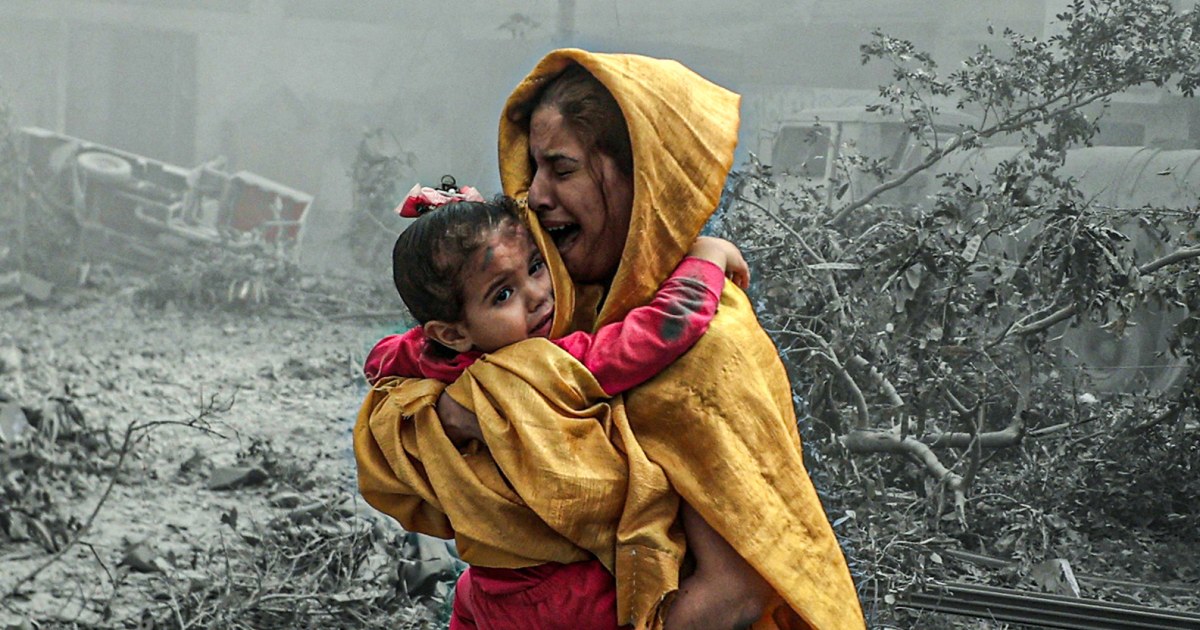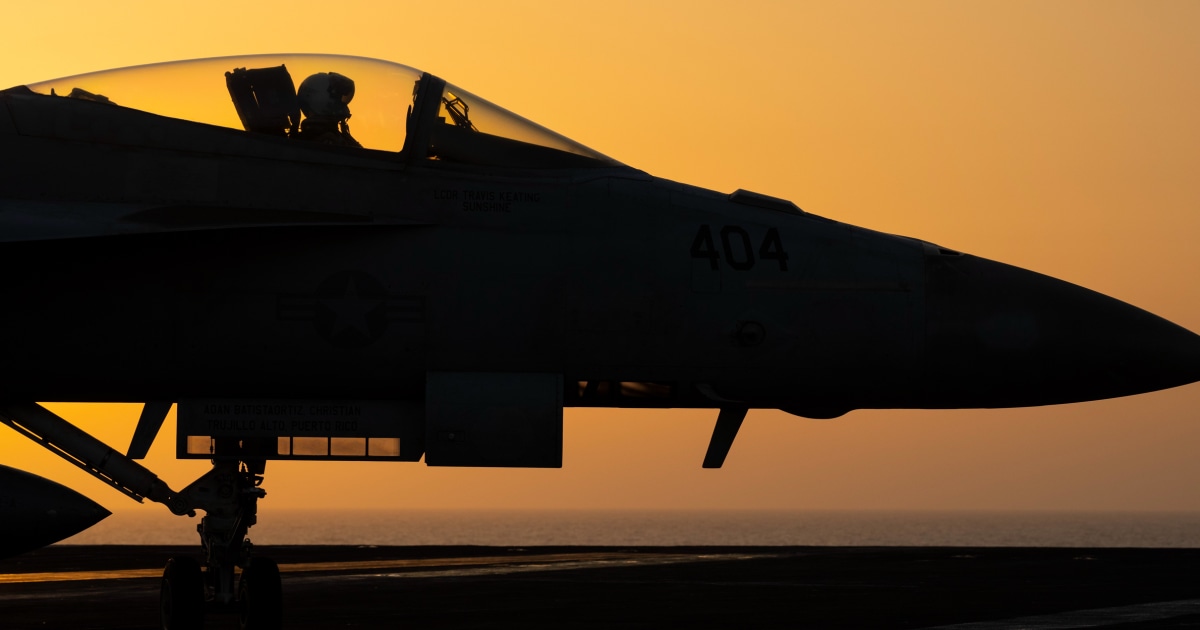World
A year from Oct 7, tens of thousands dead and fears of a ‘forever war’

Israel gets most of its weapons from the U.S., which provides it with more than $3 billion in military aid annually. After Oct. 7 this was dramatically increased, with Congress agreeing in April to send a further $14 billion to Israel in military assistance. (They also signed off on $9.5 billion in humanitarian aid for Gaza, as well as the conflict zones of Ukraine and Sudan.)
Amid outrage at the scale of Palestinian suffering, however, President Joe Biden has been increasingly critical.
“Palestinian people have endured sheer hell,” he said in a May speech. The White House said last month it was “reasonable to assess” Israel has violated international law in Gaza using Washington’s weapons.
Nevertheless, Palestinians remain frustrated that this criticism has not extended to significantly withholding these arms or censuring Israel at the U.N.
Vice President Kamala Harris and former President Donald Trump haven’t explained exactly how they would approach this most intractable of foreign policy problems. Harris has broadly suggested she would follow Biden’s line, while Trump has been more supportive of Netanyahu.
That has not stopped international Palestinian support from ballooning.
The U.N.’s International Court of Justice ruled in January there was a case to be heard on accusations of genocide against Israel. Four months later, the International Criminal Court’s prosecutor requested arrest warrants for Netanyahu and Gallant — as well as the leaders of Hamas — over alleged war crimes. Israel has vehemently criticized both and vowed to challenge them.
Meanwhile, support for Israel has gone down in 42 of the 43 countries surveyed daily by Morning Consult, a California business intelligence company. The U.S. is the only wealthy nation polled where Israel still has a positive score, it says.
“Israel lost big parts of the younger generation in America and worldwide,” said senior Palestinian lawmaker Mustafa Barghouti. “That gives me hope that things will be different in the future, but we know it’s a long way.”
Now there is a new, worsening front.
Soon after the Oct. 7 attack, Israel also came under fire from Lebanon’s Hezbollah, a powerful militant and political group designated as a terrorist organization by the U.S. and others.
Israel responded, and the neighbors have been trading strikes ever since, prompting a new humanitarian crisis in Lebanon, with more than 1 million people forced to flee their homes. Meanwhile 70,000 Israelis have been displaced.










